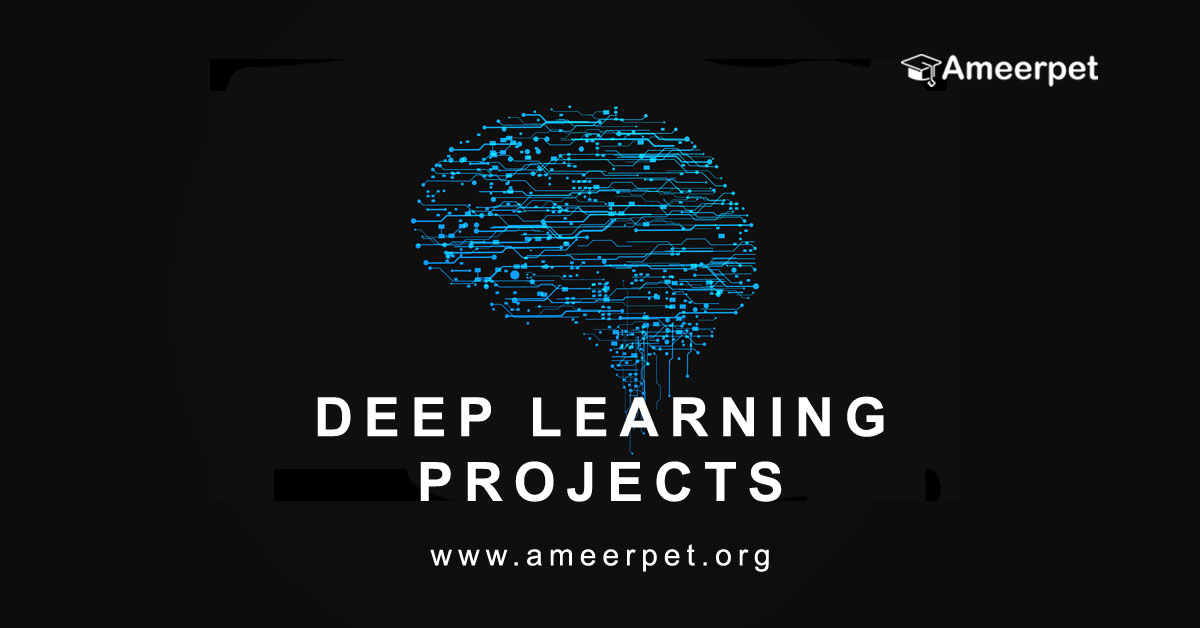
Abstract:
Multiple sclerosis (MS) is a chronic inflammatory and degenerative central nervous system disease characterized by focal lesions in the white and gray matter that topographically correlate with a patient’s neurological symptoms and signs. In-vivo magnetic resonance imaging (MRI) quantifies and categorizes MS lesions, which helps manage the disease. Manually annotating MS lesions on 2D MRI slices is inefficient and prone to inter-/intra-observer errors. MRI voxel intensity-based automated statistical imaging analysis has been proposed to detect and segment MS lesions. MRI data acquisition and MS lesion appearance heterogeneity limit their efficacy. Deep learning has revolutionized MS lesion segmentation by learning complex lesion representations directly from images. We review automatic statistical and deep-learning MS segmentation methods and discuss clinical applications. In clinical settings, domain adaptation can improve MS lesion segmentation.
Note: Please discuss with our team before submitting this abstract to the college. This Abstract or Synopsis varies based on student project requirements.
Did you like this final year project?
To download this project Code with thesis report and project training... Click Here


